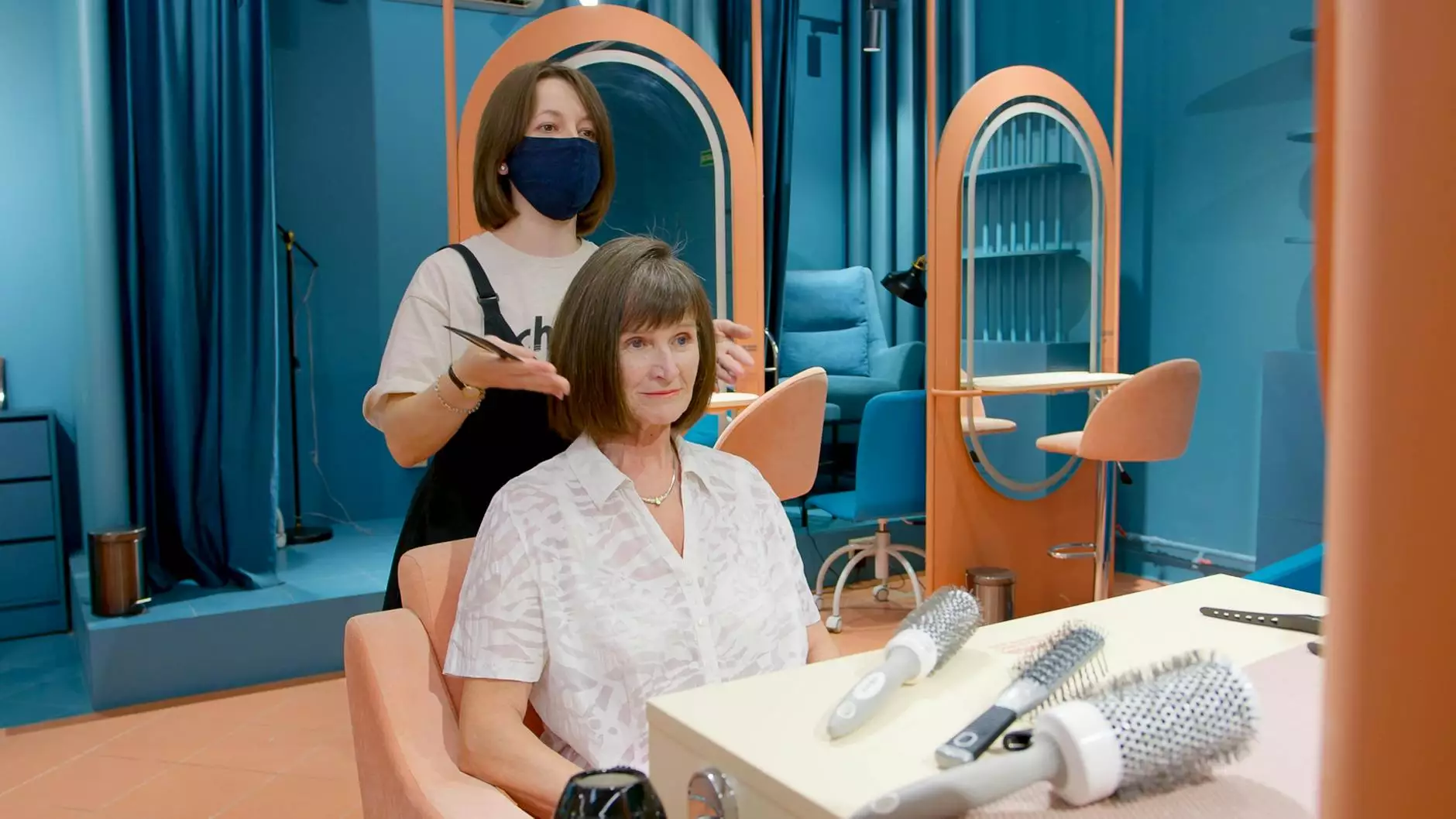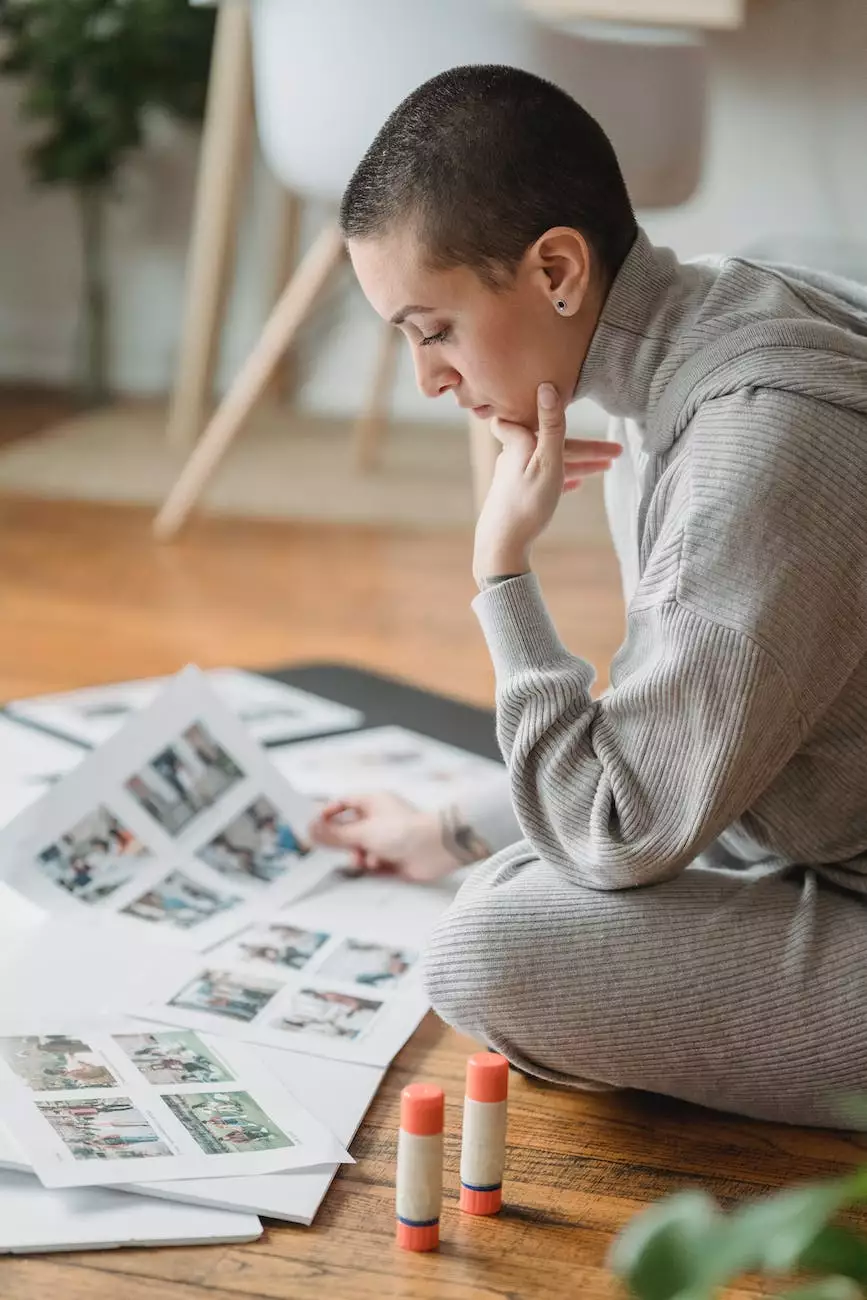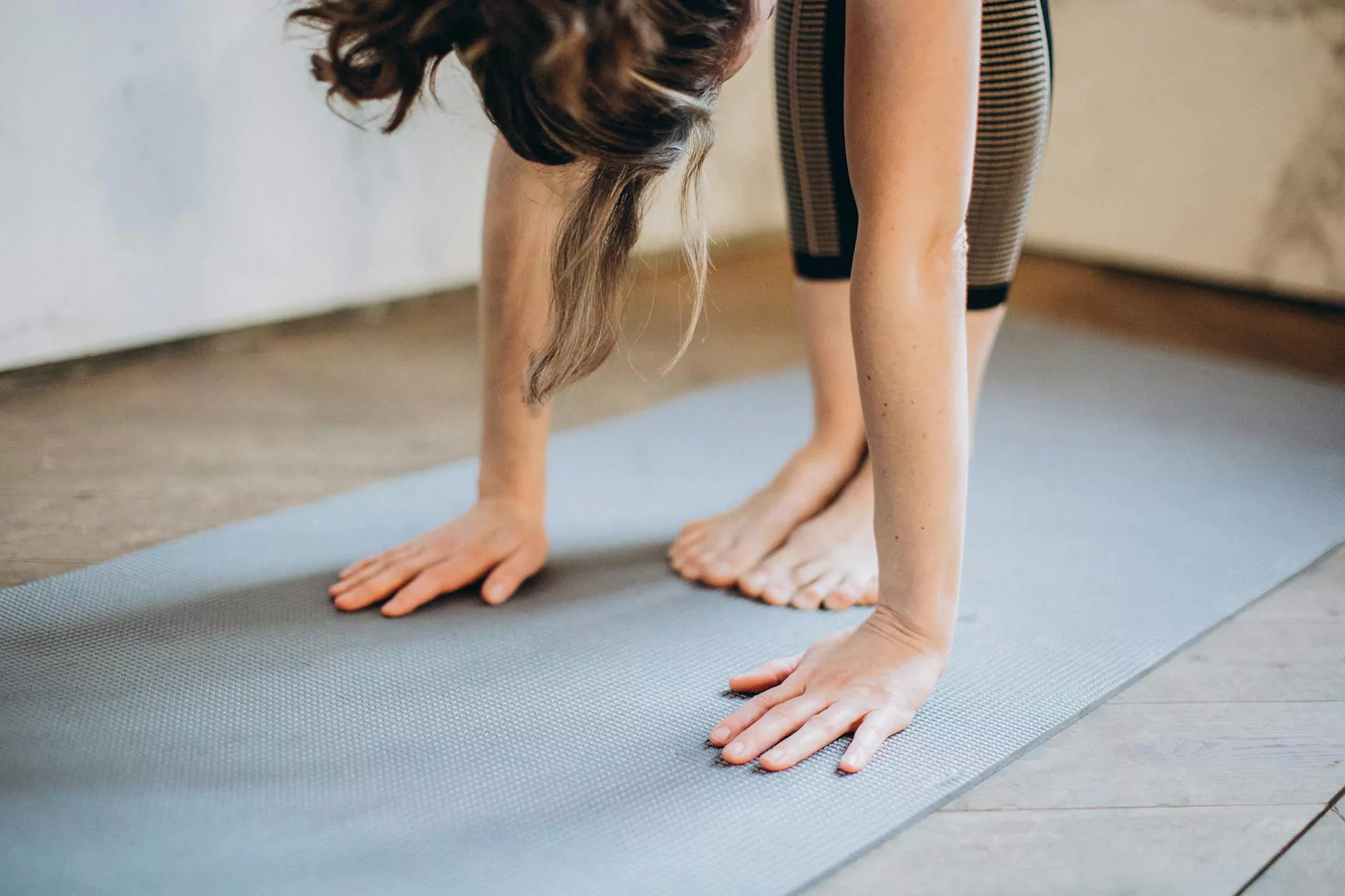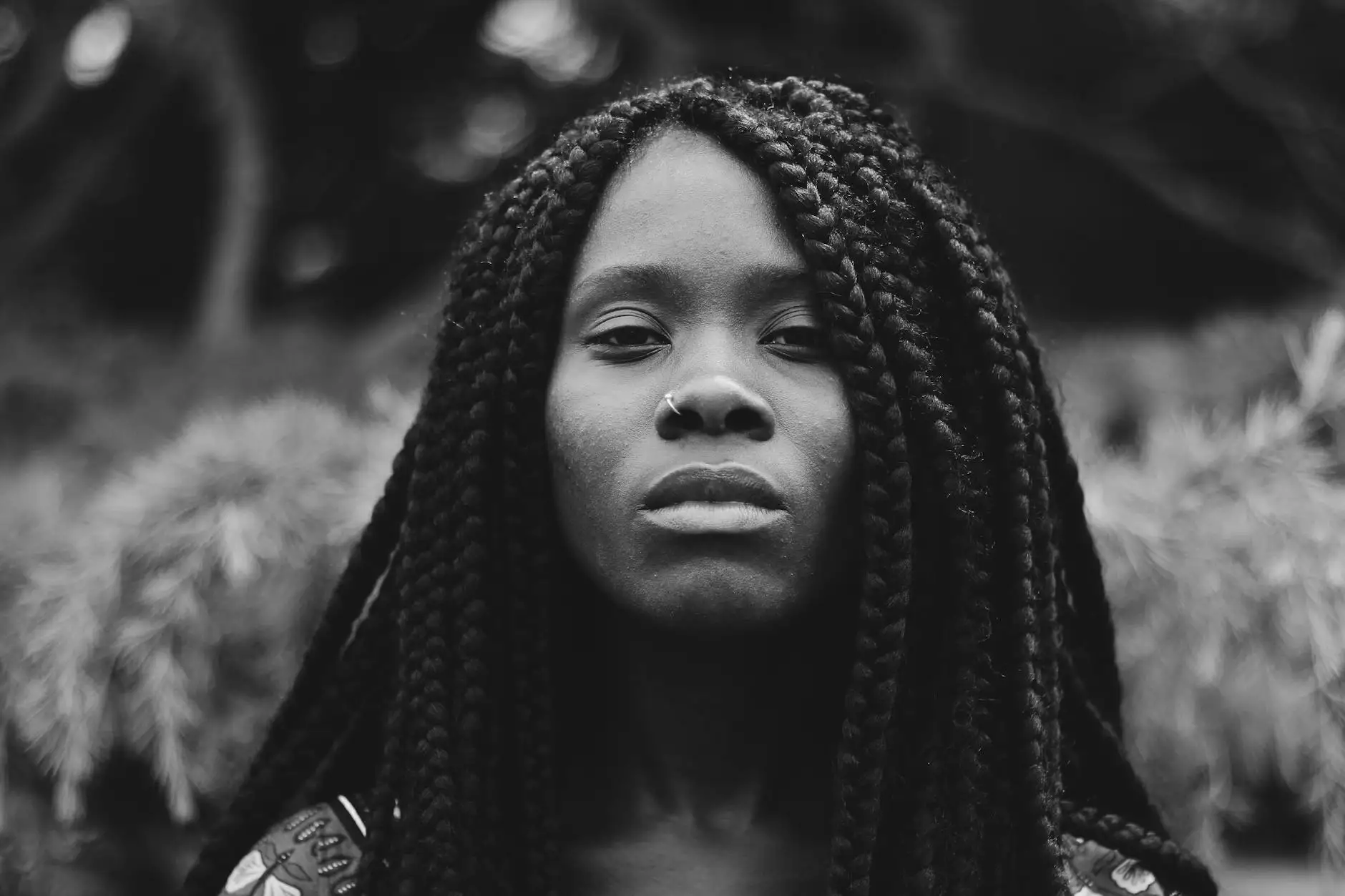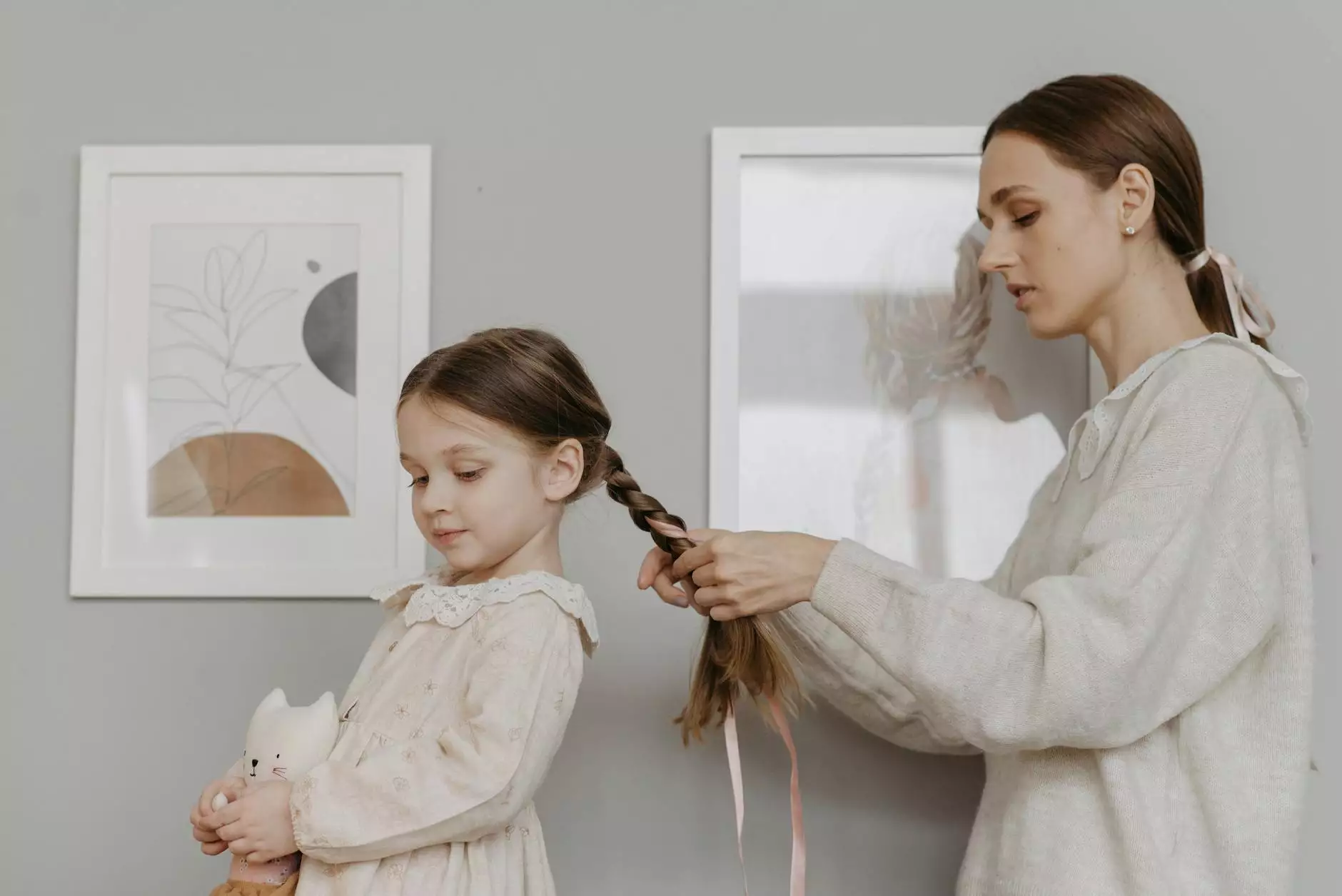Will Coloring Your Hair Damage It?

Introduction
Welcome to Luxie Extension Studios, where we provide expert advice and insights on all things hair. One common concern many individuals have when it comes to coloring their hair is whether it will cause damage. In this article, we will explore the effects of hair coloring and provide you with the information you need to make an informed decision.
The Science Behind Hair Coloring
To understand whether coloring your hair will cause damage, it's important to delve into the science behind the process. Hair colorants contain chemicals that penetrate the hair shaft to change its color. The two main types of hair colorants are oxidative dyes and direct dyes.
Oxidative Dyes
Oxidative dyes are the most common type of hair colorants used in salons and at-home coloring kits. They work by first lifting the natural color pigments present in your hair with the help of an alkaline agent, typically ammonia or ethanolamine. Once the natural pigments are removed, the new color is deposited into the hair shaft using an oxidative dye molecule.
Direct Dyes
Direct dyes, on the other hand, do not require an alkaline agent or oxidative reaction to penetrate the hair shaft. They are often used for temporary or semi-permanent hair color changes, as they do not penetrate as deeply as oxidative dyes. Direct dyes are less damaging to the hair, but may not provide as long-lasting results.
The Potential Damage
Coloring your hair with oxidative dyes can potentially cause damage due to the alkaline agents and chemicals involved. The lifting process can weaken the hair structure and strip away its natural moisture and proteins. However, with proper care and professional application, the risk of severe damage can be minimized.
Preventive Measures
To protect your hair from potential damage, it is essential to follow these preventive measures:
- Consult a professional hair colorist who understands the proper techniques and products to use for your specific hair type and condition.
- Ensure your hair is in good health before coloring by maintaining a proper hair care routine that includes regular deep conditioning treatments.
- Opt for high-quality hair colorants that are formulated to be less damaging, such as ammonia-free or low-ammonia options.
- Avoid frequent color changes or overlapping color applications, as they can increase the risk of damage.
- Follow the recommended processing time and rinse the color thoroughly to remove any residue.
Post-Coloring Care
After coloring your hair, it is crucial to implement a post-coloring care routine to maintain its health and vibrancy:
- Use a color-safe shampoo and conditioner to protect the color and provide necessary hydration.
- Avoid excessive heat styling and use heat protectant products when using hot tools.
- Protect your hair from UV rays by wearing a hat or applying a leave-in UV protectant.
- Regularly trim your hair to remove any split ends and maintain overall hair health.
- Consider using hair masks and deep conditioning treatments to nourish and repair any potential damage.
Conclusion
Coloring your hair can be a great way to express yourself and enhance your overall look. While there is a potential for damage, especially with the use of oxidative dyes, by taking the necessary preventive measures and providing post-coloring care, you can minimize the risk and enjoy beautiful, colored hair.
At Luxie Extension Studios, we prioritize the health and integrity of your hair. Our professional colorists are experienced in providing expert coloring services while minimizing damage. Contact us today for a consultation and discover the exciting world of hair coloration without compromising your hair's health.


